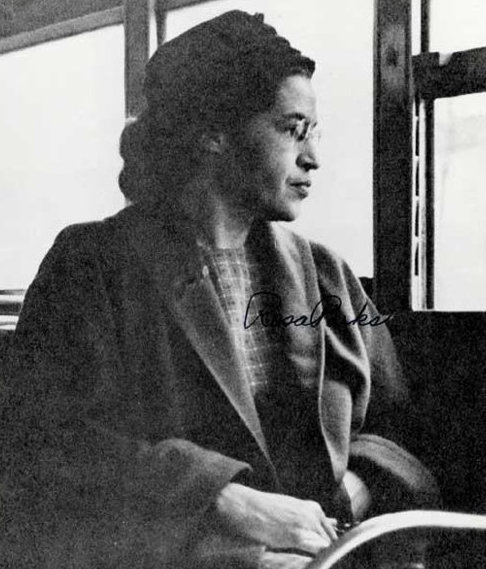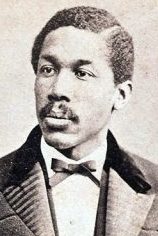
By Jim O’Neal
Most Americans are familiar with Rosa Parks and recall the heroic story of a weary black woman on her way home after a hard day at work who refused to give up her seat and “move to the back of the bus” to make room for white people. The date was Dec. 1, 1955, and the city was Montgomery, Ala.
Later, she would be arrested during the ensuing Montgomery bus boycott that lasted 381 days. She was fined $10, but ultimately vindicated by the U.S. Supreme Court, which ruled the segregation law was unconstitutional. After her death, she became the first African-American woman to have her likeness depicted in the National Statuary Hall in the U.S. Capitol.
Parks (1913-2005) earned her way into the pantheon of civil rights leaders, but few remember a remarkable man who preceded her by a century when streetcars were pulled by horses.

His name was Octavius Valentine Catto (1839-1871) and history was slow in recognizing his astonishing accomplishments. Even the epitaph on his tombstone shouts in bold letters “THE FORGOTTEN HERO.” One episode in his far-too-short but inspiring life is eerily similar to the events in Montgomery, only dramatically more so. Catto was a fierce enemy of the entire Philadelphia trolley car system, which banned black passengers. On May 18, 1865, The New York Times ran a story about an incident involving Catto that occurred the previous afternoon in Philadelphia, “The City of Brotherly Love” (at least for some).
Paraphrasing the story, it describes how a colored man (Catto) had refused all attempts to get him to leave a strictly segregated trolley car. Frustrated and in fear of being fined if he physically ejected him, the conductor cleverly side railed the car, detached the horses and left the defiant passenger in the now-empty stationary car. Apparently, the stubborn man was still on-board after spending the night. It caused a neighborhood sensation that led to even more people challenging the rules.
The following year, there was an important meeting with the Urban League to protest the forcible ejection of several black women from Philadelphia streetcars. The intrepid Catto presented a number of resolutions that highlighted the inequities in segregation, principles of freedom, civil liberty and a heavily biased judicial system. He also boldly solicited support from fellow citizens in his quest for fairness and justice.
He got specific help from Pennsylvania Congressman Thaddeus Stevens, a leader of the “Radical Republicans” who had a fiery passion for desegregation and abolition of slavery, and who criticized President Lincoln for lack of more forceful action. Stevens is a major character in Steven Spielberg’s 2013 Oscar-nominated film Lincoln, with Tommy Lee Jones gaining an Oscar nomination for his portrayal of Stevens. On Feb. 3, 1870, the 15th Amendment to the Constitution guaranteed suffrage to black men (women of all colors would have to wait another 50 years until 1920 to gain the right to vote in all states). It would also lead to Catto’s death. On Election Day, Oct. 10, 1871, Catto was out encouraging black men to vote for Republicans. He was fatally shot by white Democrats who wanted to suppress the black vote.
Blacks continued to vote heavily for Republicans until the early 20th century and were not even allowed to attend Democratic conventions until 1924. This was primarily due to the fact that Southern states had white governors who mostly discouraged equal rights and supported Jim Crow laws that were unfair to blacks. As comedian Dick Gregory (1932-2017) famously joked, he was at a white lunch counter where he was told, “We don’t serve colored people here,” and Gregory replied, “That’s all right. I don’t eat colored people … just bring me a whole fried chicken!”
Octavius Catto, who broke segregation on trolley cars and was an all-star second basemen long before Jackie Robinson, would have to wait until the 20th century to get the recognition he deserved. I suspect he would be surprised that we are still struggling to “start a national conversation” about race when that’s what he sacrificed his life for.
 JIM O’NEAL is an avid collector and history buff. He is president and CEO of Frito-Lay International [retired] and earlier served as chair and CEO of PepsiCo Restaurants International [KFC Pizza Hut and Taco Bell].
JIM O’NEAL is an avid collector and history buff. He is president and CEO of Frito-Lay International [retired] and earlier served as chair and CEO of PepsiCo Restaurants International [KFC Pizza Hut and Taco Bell].
